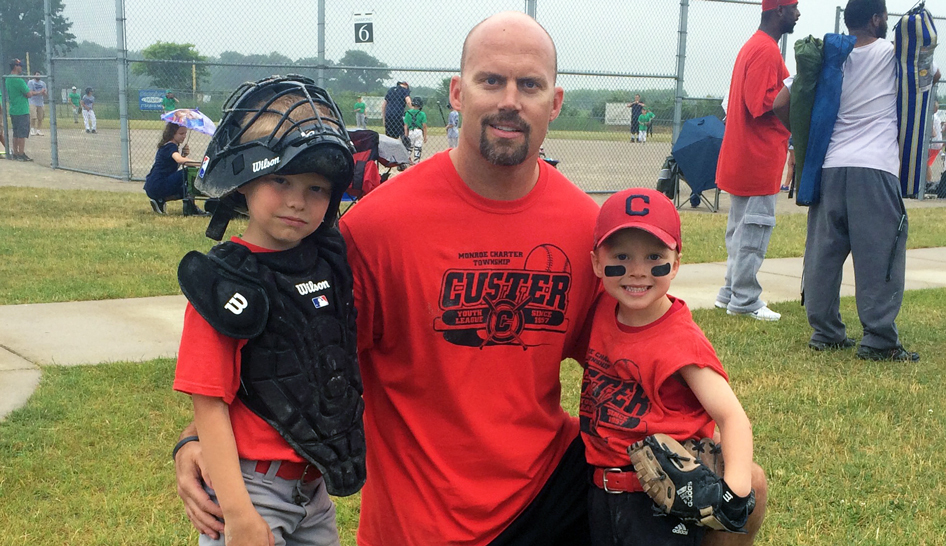The Lessons in Fitness Leadership series highlights IHRSA’s industry leaders and thanks them for their continued commitment to growing, promoting, and protecting the health club industry. By sharing their business expertise, we hope that you will get to know them, what they've learned along the way, and how they view leadership.
Make a Difference by Leading the Fight at Your Health Club
From the front desk staff to the CEO, every health club employee plays a part in making a difference in the big fight against the global physical inactivity epidemic.

Jason Reinhardt
Owner & Founder
Go M.A.D. Fitness
What is the most fulfilling part of being a business leader in the fitness industry?
The ability to make a difference through health and fitness. I don’t think any other industry makes the same kind of difference in the lives of others as ours does. Working in this industry is rewarding, motivational, and inspiring—we inspire youths to be active from a young age, while also encouraging seniors to be active as a way of prolonging life. To me, continuing to make a difference through health and fitness is most fulfilling.
If you were able to go back in time, what is one piece of leadership advice you would have given your younger self about working in the fitness industry?
I think younger people—or first-timers or front-line employees—don't understand the big difference that they can truly make. I think sometimes they just take it as a hobby or just going through the motions. So looking back at the younger me, I would definitely say that I wish I knew as a front desk employee or sales associate how big of a difference that we are truly making in people's lives.
What prompted you to join the Industry Leadership Council (ILC)?
To protect the industry. As part of the ILC, you protect the global mantra of our industry. I always say that small victories equal big victories. The ILC is good at chipping away at the small issues that chip away at the bigger picture. It is rewarding to be part of what tomorrow holds.
The Personal Health Investment Today Act, or PHIT, is legislation that would make access to physical activity more affordable. How will the passage of this bill help America get fit?
Everybody is looking for the easy way out—the magic pill for good health. They want to be able to wake up one day and be able to reach their fitness goals. But since it takes effort, time, and energy, people want easy answers and easy solutions to building and maintaining good health.
Passing PHIT would help Americans see that living a healthy lifestyle can be easy. You can’t put a price on your health, and anything that can help move the dial, bring awareness about the importance of physical activity, and make it more affordable is a good thing.
IHRSA does a significant amount of advocacy work to Grow, Promote and Protect clubs across the country. How do you feel that work benefits your business or the industry at large?
I think that the work IHRSA is doing creates longevity that truly makes a difference in America and across the globe. Work that is done to grow, promote, protect the industry helps drive the ability for me—and other owners around the world—to make a difference.
ILC members tell us that the legal and state legislative threats facing their business have grown dramatically. IHRSA has dubbed it a tsunami coming toward the industry. What threats are you most worried about? What can the industry and IHRSA do to fight it?
We are always focused on the ease of entry and trying to help people get in the door. I think that sales tax on gym memberships is something that, around the country, is coming to a state near you. Thankfully, IHRSA (with support from the ILC) are focused on fighting against sales tax on gym memberships.

Emily Gluck is IHRSA's Executive Assistant. On average, her job consists of scheduling, supporting the executive team, and planning events, while the best part of her job is getting to work with a great team on a daily basis. If Emily is out of the office you can typically find her kayaking, hiking in a national park, or rafting on a remote river—ideally, she likes to get out of cell phone range.